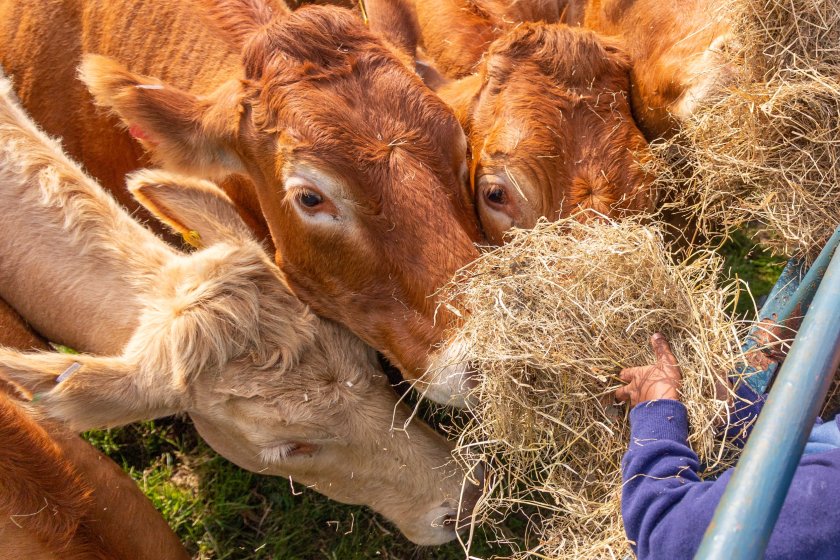
Improvements to the traceability system for cattle have been set out by the government, with the measures aiming to reduce red tape for farmers.
The proposals include the use of new digital technology to remove slower paper processes and help trace animal disease more quickly.
Defra said the new, modern system would make it easier for farmers to navigate and be less time consuming.
An effective cattle traceability system is seen as essential to control the spread of infectious diseases.
Failure to do so could have a devastating impact on the economy, international trade, and public health.
The current Cattle Tracing System (CTS) was introduced in 1998 – towards the end of the BSE epidemic of the 1980s and 1990s.
By law, all bovines must be registered with the British Cattle Movement Service to allow the government to identify and locate livestock in the event of an outbreak or food safety incident.
Defra's Biosecurity Minister Lord Benyon has encouraged farmers to respond to the consultation, which closes for responses in November.
He said: “By registering their cattle, farmers and keepers play an important role in protecting the national herd from insidious diseases such as bovine TB and BSE.
“I urge all those with an interest to respond to this consultation to help ease unnecessary administrative burdens and take advantage of digitisation, to make registration of cattle much easier.”
As well as the introduction of bovine electronic identification (BeID), other new proposals include a fairer regulatory framework, Defra explained.
There will also be greater flexibility for late registration of calves, so that farmers do not suffer financially by having them excluded from the food chain.
The consultation forms part of the wider Livestock Information Transformation Programme, which will replace the existing domestic traceability databases with one multi-species platform.
Bovines will have a new database that will make tracing individual animals quicker and easier, Defra said, which will help to reduce the harm caused by a disease outbreak.
The changes are subject to an eight-week consultation, which will close for responses on 15 November.
